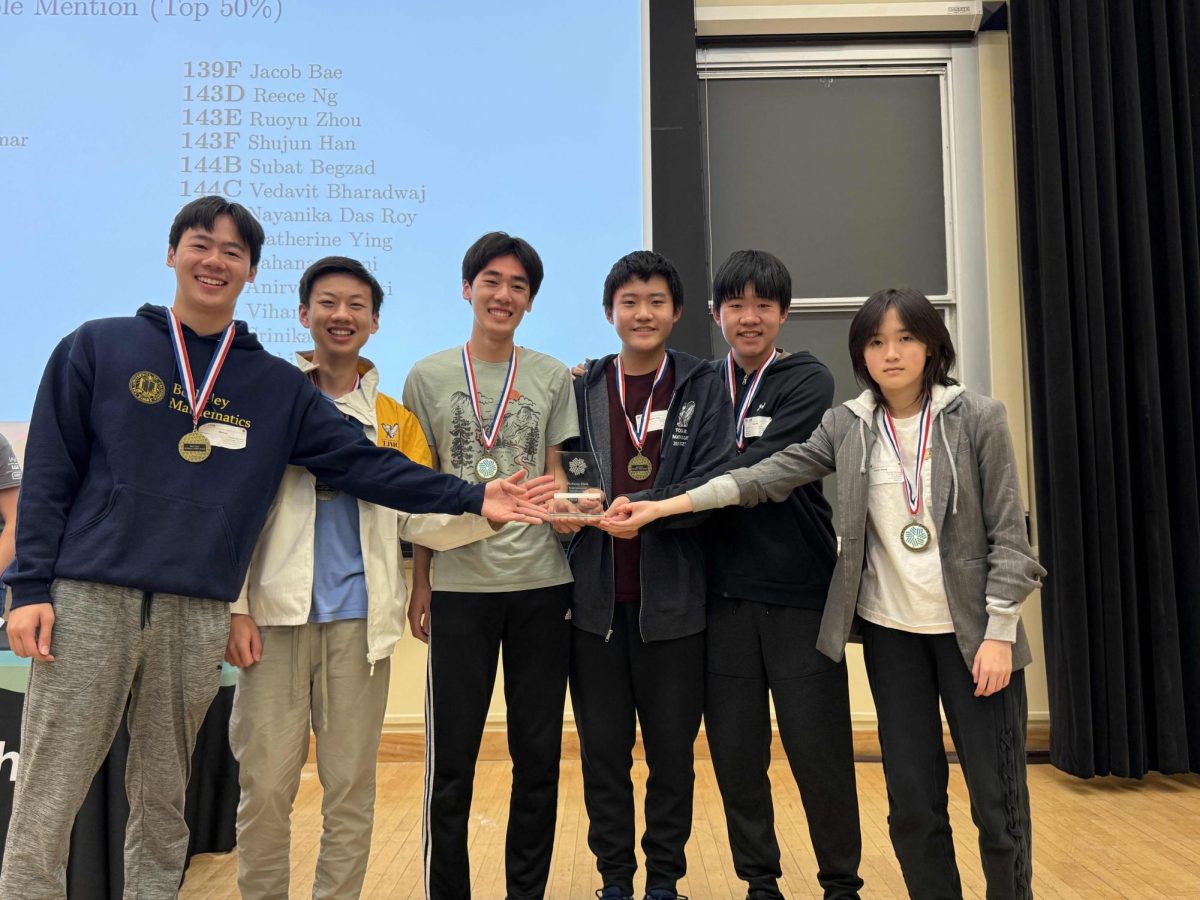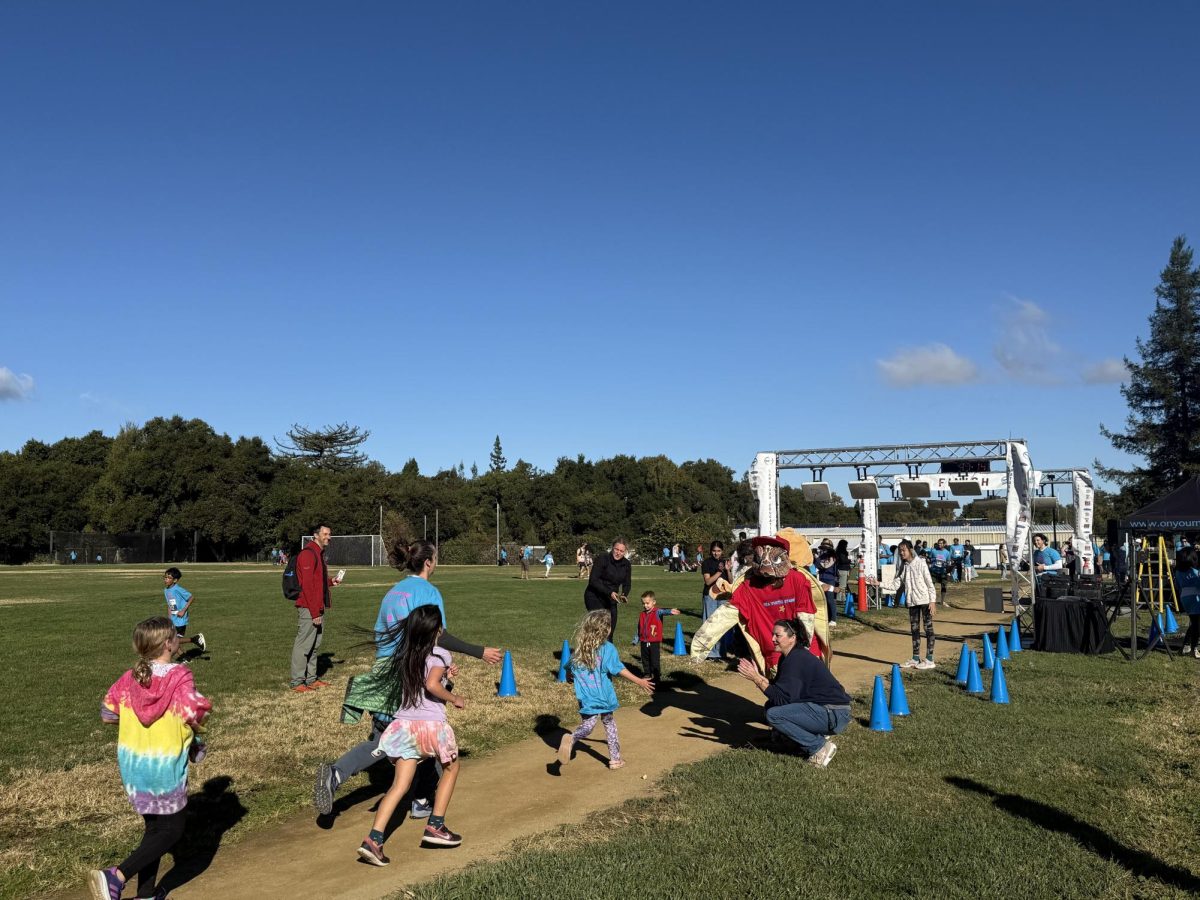“Aulun.” The word rolls off junior Kristine Chow’s tongue as she begins to speak in Rumsen, one of three Native American languages in which she can carry out a basic conversation.
Chow and senior Devin Fleharty are long-time language enthusiasts. From the start of their friendship over a year ago, they have been sharing bits and pieces of all the languages they know with each other. Together, they know over eight languages.
While Fleharty and Chow have always enjoyed carrying out conversations in different languages, this year they wanted to create “a place to share their passions with others every week,” according to Fleharty. Thus, the Linguistics Club was born. The club meets Thursdays at lunch in Spanish teacher Sarah Voorhees’s room.
“We want people to know that linguistics is a major they can pursue in college or something they can just do as a hobby,” Fleharty said. “A lot of people don’t really know about linguistics and how it can help people with speech therapy.”
Currently, the club is focusing on Japanese, discussing the its writing system, phonology, syntax, sentence structure and culture. At the end of each month, they plan to hold a cultural party based on the language, with different activities and food.
Once their 15 or so members have dabbled in Japanese for one month, Fleharty and Chow have more languages to try. Fleharty specializes in more modern languages, including Japanese, Spanish and some French, and he is currently studying Korean and African languages such as Swahili and Zulu.
By contrast, Chow has a penchant for more endangered languages, such as Rumsen, Chochenyo and Mutsun, although she also knows Mandarin and Spanish. They hope to bring these languages to the club members as well as increasing their awareness of the nature of linguistics.
While most classes on campus focus on learning the languages themselves, club member Sohini Kar, a junior, appreciates how the club goes deeper into teaching the origins of language.
“[How languages are made is] not something you can learn about in regular English classes,” Kar said. “It’s really great that there’s a Linguistic Club to teach it to us.”
In the future, Chow and Fleharty plan to talk about the International Phonetic Alphabet (IPA), which is the system that represents each sound of spoken language. After Chow introduced Fleharty to IPA, he said he “got really deep into it” and self-studied it over the summer.
“I thought [IPA] would be really cool to share with others because it’s a really fun way to connect with all the languages of the world,” Fleharty said.
Given the school’s more mathematics and science-focused environment, Fleharty and Chow are eager to share and add linguistics as an option for club members to explore.
“It fascinates me how languages can be so different yet still bring people together, they bring together the world and without languages the world would be so different,” Chow said.




























